South Africans voiced strong criticism Thursday after U.S. President Donald Trump repeated widely debunked claims of a “white genocide” targeting farmers during a high-stakes meeting with President Cyril Ramaphosa.
The talks, held Wednesday and intended to repair strained bilateral ties, were overshadowed by Trump’s controversial remarks, including accusations that South Africa was forcibly expropriating land from white Afrikaner farmers — descendants of Dutch settlers who currently own a majority of the nation’s commercial farmland.
“I am not happy,” said university student Nicole Mbhele. “He made it seem like we want to kill white people or white farmers for our land, or for wanting it back.”
The comments struck a nerve in South Africa, where citizens followed the televised meeting closely. Many expressed pride in Ramaphosa’s calm and diplomatic demeanor, though some said he should have pushed back more forcefully against Trump’s narrative.
A video shown during the talks appeared to further fuel tensions. The footage, presented by U.S. officials, included scenes of a fringe political figure chanting an anti-apartheid-era song about “killing” white farmers and images of white crosses that Trump falsely claimed marked the graves of murdered Afrikaners.
“Donald Trump does not have facts about what is happening in South Africa,” said Naledi Morwalle, a 25-year-old saleswoman. “He’s making false accusations about our country. We are all facing all types and levels of crime — both Black and white.”
While the U.S. president’s rhetoric prompted widespread backlash, observers noted that Ramaphosa emphasized the reality that crime in South Africa affects all citizens, with Black South Africans disproportionately impacted.
“I think our country did well and actually put the facts out there,” said activist Ulrich Steenkamp. “Whether the world responds is up to them.”
Analyst Thelela Ngcetane-Vika, of the Wits School of Governance, said Ramaphosa began the session poised and diplomatic, but the controversial video changed the tone.
“You could literally see his body language change — he became uneasy,” she said, adding that presenting data to refute the disinformation would have strengthened his position.
Despite the tension, some South Africans expressed hope that the dialogue could still yield positive outcomes.
“I sincerely hope that economically we will come to an agreement where it’s mutually beneficial,” said Arthur Williams, an Afrikaner father. “There should be economic benefits for both parties.”
The meeting follows months of friction between Washington and Pretoria, fueled by Trump’s threats of trade tariffs and his earlier decision to expel South Africa’s ambassador. The two countries remain major trading partners, and observers say the future of the relationship may hinge on the ability to move past political differences and focus on shared economic goals.

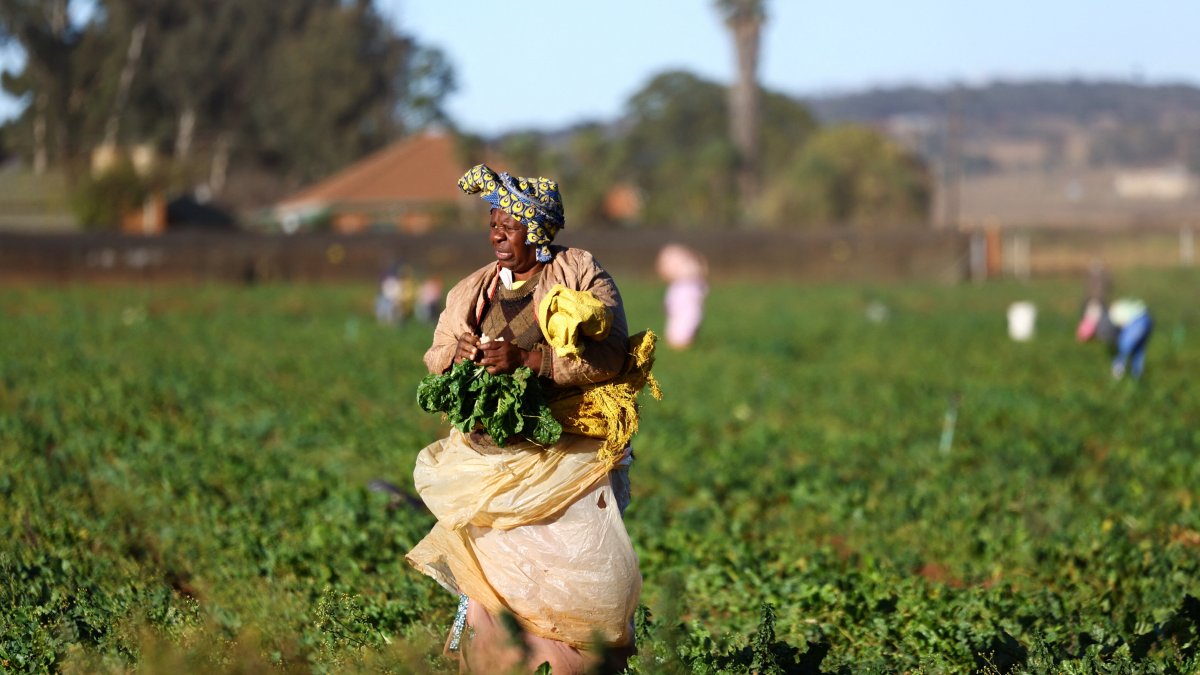

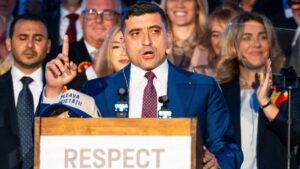
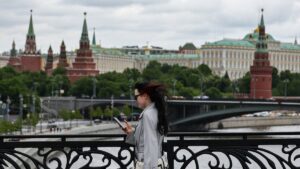


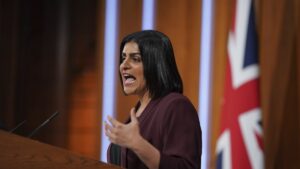
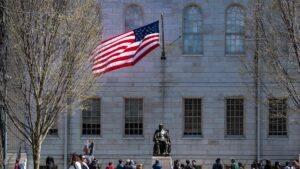
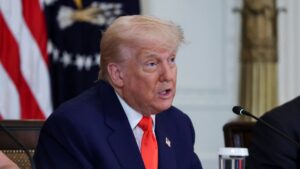

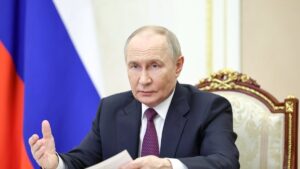






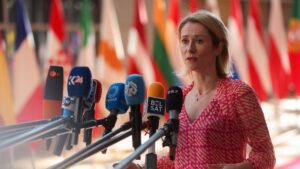


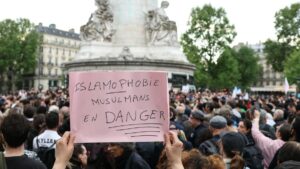

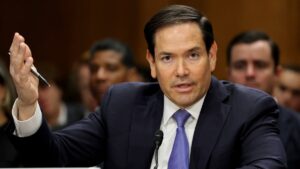
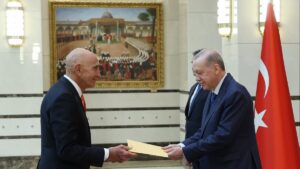

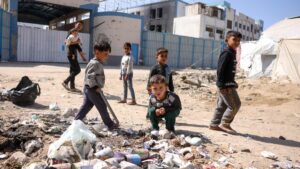


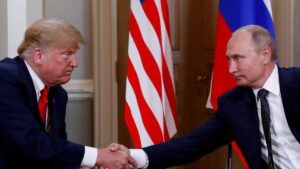








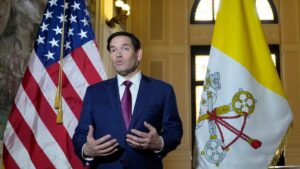



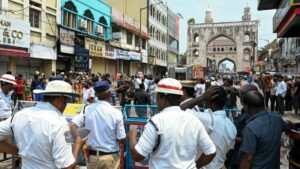
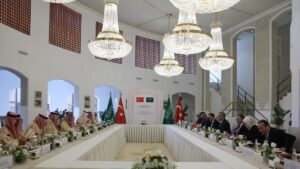
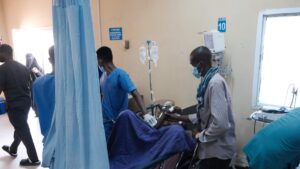






Be First to Comment